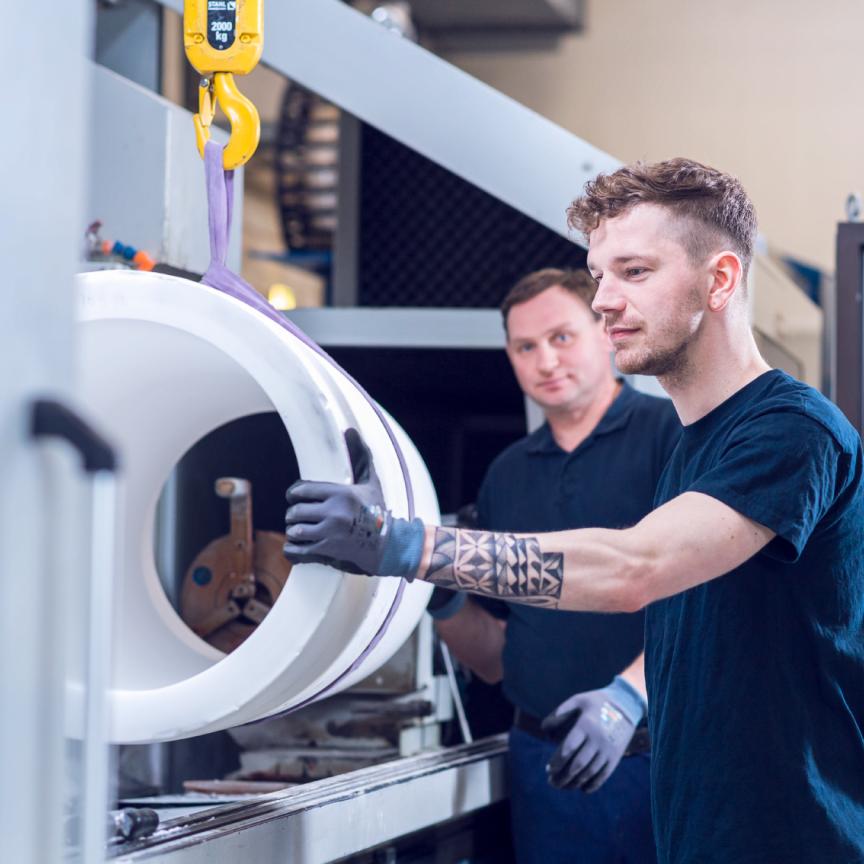Members of The Optical Society (OSA) who were in Washington on 13 February for their annual Leadership Meeting heard from one of the top leaders in Congress on policy issues affecting the optics and photonics community. Rep. Louise Slaughter, who represents the optics-heavy district of Rochester, New York, gave a video keynote address to more than 120 volunteer leaders at OSA’s Winter Leadership Meeting. Slaughter spoke of the importance of federal funding for scientific R&D, as well as the need to invest in innovation made possible by optics and photonics in order to keep America competitive.
‘Rochester has faced down significant challenges in the past few decades, and through it all, we have worked diligently to build the economy of tomorrow - one built upon groundbreaking optics technology that is creating jobs here at home and changing lives around the world,’ Slaughter said. ‘I couldn’t be more proud of the success we have achieved, and am committed to growing the Rochester optics industry even more and cementing Rochester as the optics capital of the world.’
Slaughter is known in the optics and photonics community for her support of high-tech industry and manufacturing in Rochester. She has highlighted the need for investments in science and technology at both the local and national level. She has also worked tirelessly to bring new business into the Eastman Business Park in Rochester and help local employers there compete for federal funding. For example, she is credited with securing millions of dollars in funding over the last 10 years for the Laboratory for Laser Energetics at the University of Rochester. In a recent op-ed in The Hill, Rep. Slaughter expressed concern for federal budget cuts to scientific research, saying that 'the future of our economy lies in advanced manufacturing and research and development in fields like OPID [optics, photonics, imaging and displays]'.
‘As professionals in the optics and photonics community, we understand the importance of investments in research, development, technical training and entrepreneurship,’ said OSA president Philip Bucksbaum of Stanford University. ‘Having a champion like Slaughter voice her support for these areas helps motivate and mobilise OSA’s membership to take action on important policy issues affecting our community. We’re grateful to Slaughter for her efforts on behalf of science and technology and look forward to working with her on important policy initiatives in the coming months.’

